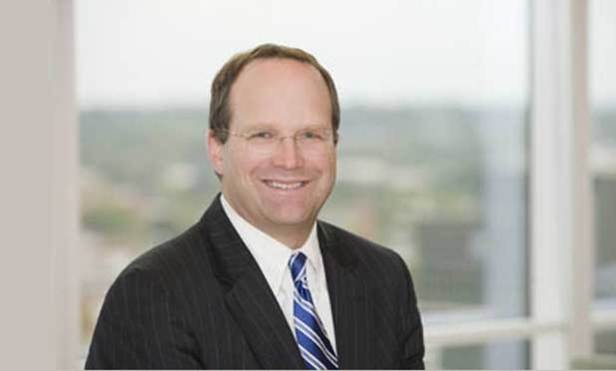Section 102(b)(7) of the Delaware General Corporation Law permits a provision in a company’s certificate of incorporation that exculpates directors from monetary liability for breaches of the fiduciary duty of care. By immunizing directors from money damages for breaches of the duty of care, Section 102(b)(7) provisions serve an important purpose in Delaware corporate law to encourage well-qualified people, who may be risk averse, to serve as directors without fear of monetary liability for a duty-of-care mistake. Section 102(b)(7) does not, however, protect officers from duty-of-care violations. Nor does Section 102(b)(7) immunize an aider and abettor from monetary liability for a board’s breach of the duty of care—that is even when the board itself is exculpated from such liability. The Court of Chancery recently had the opportunity to address whether a financial adviser may still be liable for aiding and abetting after a board’s breach of the duty of care was dismissed under a Section 102(b)(7) exculpation provision in the company’s charter.
In In re Tibco Software Stockholders Litigation, C.A. No. 10319-CB (Del. Ch. October 20, 2015), the Court of Chancery held the plaintiff stockholder’s amended complaint stated a claim for relief against Tibco Software Inc.’s financial adviser for aiding and abetting the Tibco board’s breach of the fiduciary duty of care in connection with a share count error that reduced the expected aggregate deal consideration in the merger of Tibco with a private equity fund. But, because the Tibco board’s conduct after discovery of the share count error constituted at most a breach of its duty of care, the court dismissed the plaintiff’s duty of care claims against the Tibco board itself under the Section 102(b)(7) exculpation provision in Tibco’s charter.



